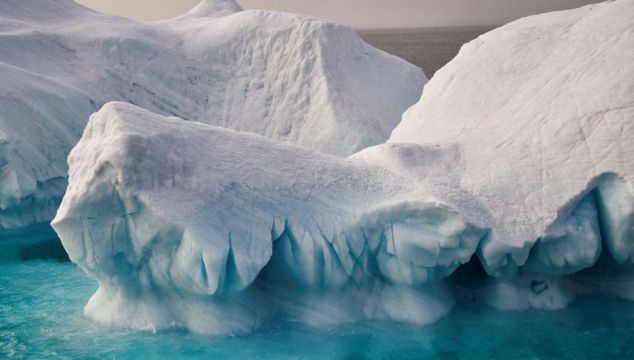A cold winter is feared across energy-challenged Europe this year as lost Arctic sea ice could unleash a deep freeze.
A smaller than normal extension of Arctic sea ice for this time of year could weaken the polar vortex above the North Pole, supporting chilly temperatures further south.
Arctic sea ice extent reached its minimum for the year at 4.72m square kilometres on September 16th, according to the US National Snow and Ice Data Centre.
This is the 12th lowest in a satellite record stretching back 43 years, the NSIDC said, with the past 15 years seeing the 15 smallest sea ice minima.
Scientists believe reduction of Arctic sea ice allows more heat to escape from the ocean, weakening the polar vortex that contains icy air above the North Pole and causing surges of frigid air to splinter off and drift south.







